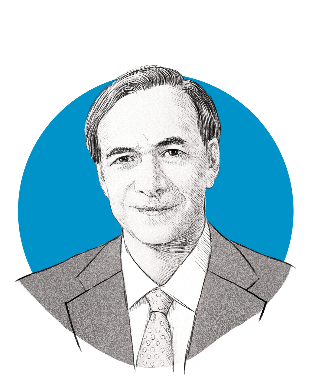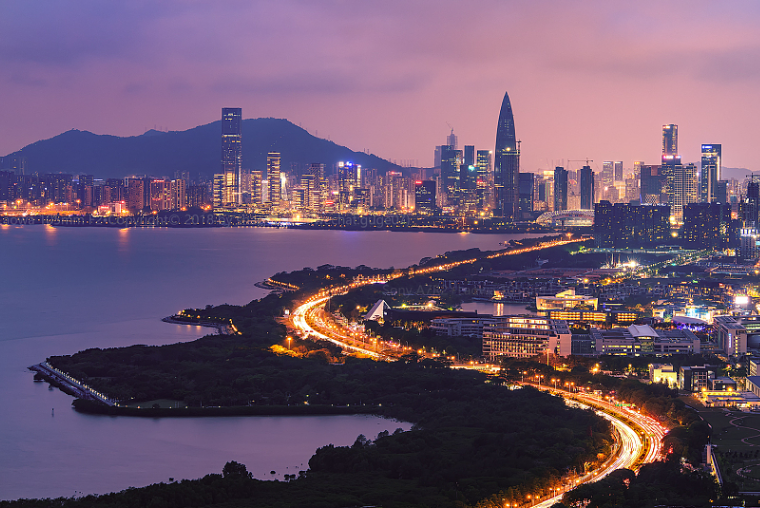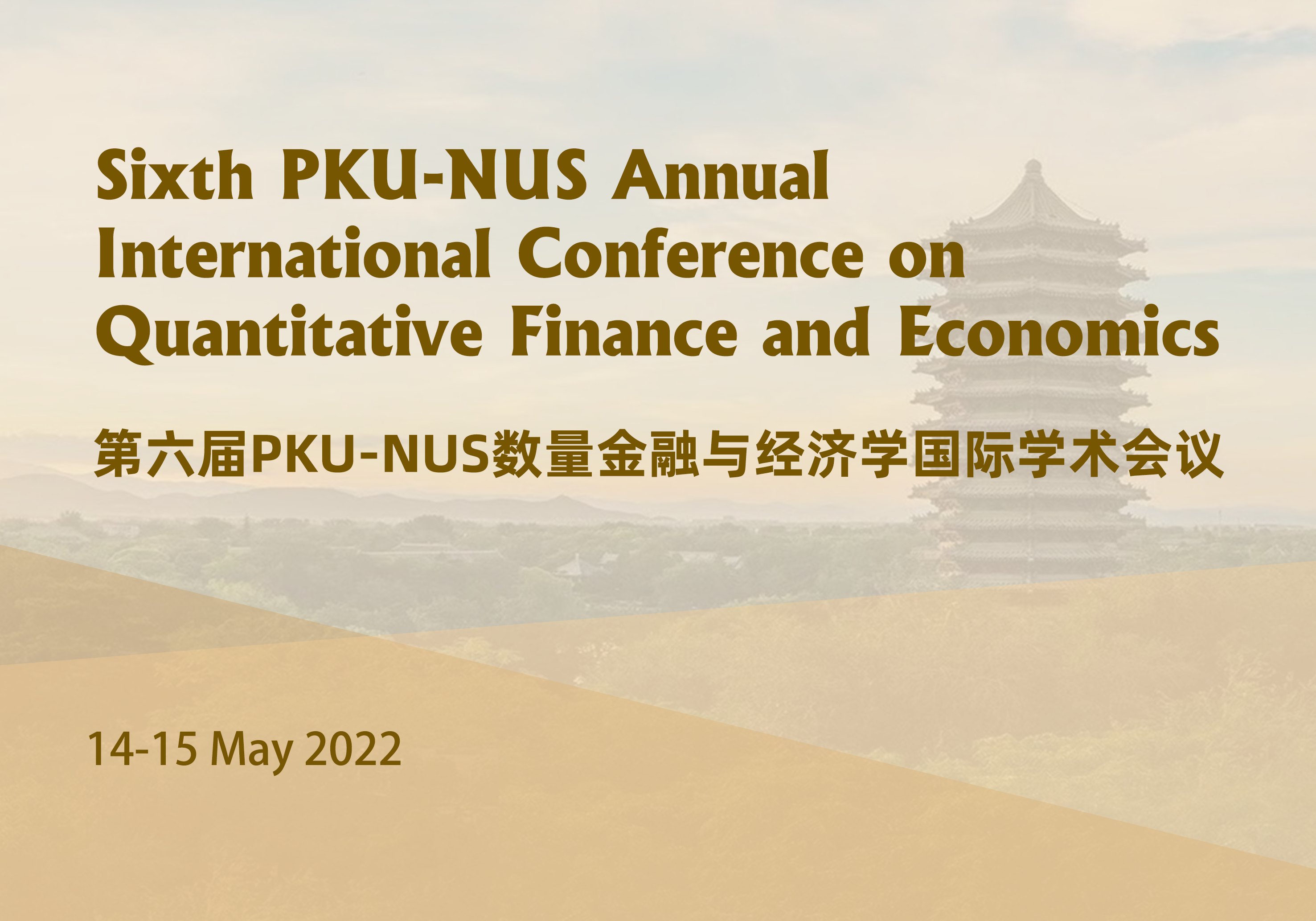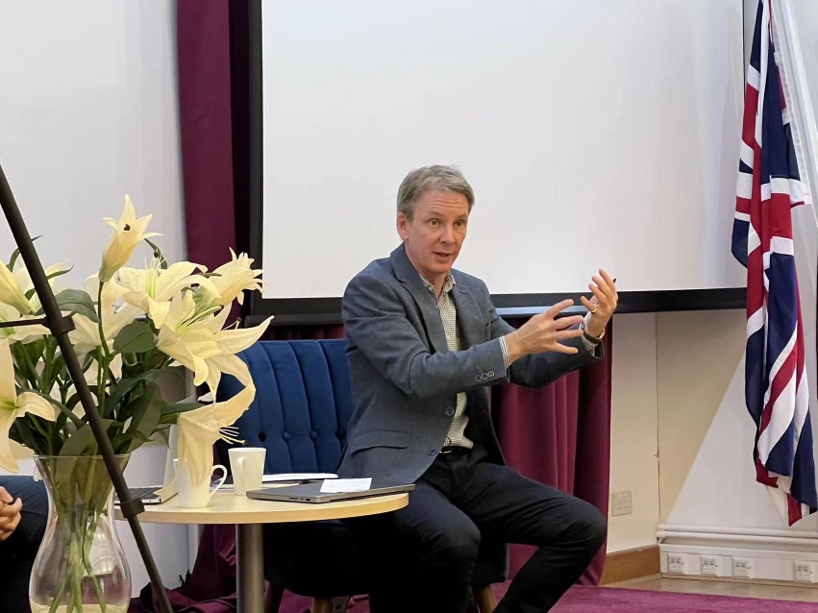Inoticed huge debts and zero or near-zero interest rates that led to massive printing of money in the world’s three major reserve currencies; big political and social conflicts within countries, especially the US, due to the largest wealth, political, and values disparities in more than 100 years.”Ray Dalio writes this in his new book Principles for Dealing with the Changing World Order. As the founder of the world's top hedge fund, Bridgewater Fund, Ray Dalio has unique insights into the world situation and cycle, investment principles and methods.
Ray Dalio, investor and hedge fund manager, who has served as co-chief investment officer of the world's largest hedge fund, Bridgewater Associates
Born into a middle-class family on Long Island, New York, Ray Dalio started Bridgewater at the age of 26. In 1987, Dalio accurately judged the Black Monday of the U.S. stock market; in 2008, he predicted the financial crisis again, and decisively avoided risks; in 2015, he predicted the UK's imminent withdrawal from the European Union again in advance… Under Dalio's leadership, Bridgewater has escaped "black swan" attacks time and time again, generating huge returns for investors. Over the past 20 years, Bridgewater Fund has created an average annual return on investment of more than 20%, managed about $160 billion in funds, and made a cumulative profit of $45 billion, ranking fifth on the list of the most important private companies in the United States (Fortune Magazine). Ray Dalio was also named to Time Magazine's 100 Most Influential People in the World.
In recent years, Ray Dalio has been devoted to the study of historical cycles and laws of change, hoping to look to the future, clarify the operating principles of the world, and summarize the eternal and universal principles, so as to properly deal with the current situation. As he writes in his new book, “My professional duty is to protect wealth no matter what the circumstances. So, I need to create perceptions and strategies that apply throughout history, including these devastating times."
In the interview with PKU Financial Review, Ray Dalio states that, the biggest challenge facing investment institutions comes from the transformation of investment paradigms. Portfolios that were profitable in the previous period cannot continue to be profitable in the new period. Investors will continue to change from holding bad positions to holding too many positions. At the same time, The constant shifting of positions can mislead investors into thinking that the paradigm shift will continue. In this regard, Dalio’s investment advice is, “Neither hold cash or bonds, nor short these assets. It is best to diversify into other assets other than cash and bonds, especially assets that can benefit from an inflationary environment. "
Challenges Come from Shifting Investment Paradigms
PKU Financial Review: A combination of the return of the Omicron, rising global inflation and new central bank policies is weakening global economy and increasing uncertainty. What do you think are the biggest challenges which asset management institutions are facing?
Ray Dalio: I think their biggest challenges are in being biased to have portfolios that benefited from what happened in the last paradigm but will not work in the new paradigm. More specifically, I think the whole world is long on assets that do well in falling inflation and falling interest rates, which will do relatively poorly and the world is short on assets that will do well in rising inflation and interest rate shifts. The way paradigm shifts take place is for investors to move from being badly positioned for and not believing the paradigm shifts to becoming over positioned and believing that the paradigm shift will never end, and their shifting of positions contributing to them. For example, I suspect that people will go from seeing cash and bonds as safe investments that they like holding to seeing them as risky investments that they do not want to hold and that their moving from long to short will worsen inflation pressures because it will worsen the supply and demand picture for debt, which will lead to central bankers to be placed into a more difficult position of having to monetize the imbalance that will be inflationary or have real interest rates rise, which will be depressing. They will choose higher inflation until it gets so overdone that they will fight which will end the paradigm, so, investors will get whipsawed.
PKU Financial Review: How do you think our assets should be allocated at a time when the world is facing inflation and war? Do you think that stocks are no longer a good option, but safe-haven assets such as gold is in better value? What advice do you have for investors?
Ray Dalio: Don’t hold assets in cash or bonds or be short on them, and hold a well-diversified portfolio of other assets, especially those that benefit in an inflationary environment.
PKU Financial Review: You turned your market insights into algorithms and invest primarily in national currencies and fixed income markets rather than individual stocks or stock indexes. You said the ensuing market changes were extremely volatile. How do you view the market risks that your investment object encounter next? Since you're investing on such a macro scale, is it less risky than investing on a micro scale?
Ray Dalio: Being global in all liquid markets and being able to go short as well as long gives us lots of choices and lots of perspective. Using algorithms allows us to process a lot, back track our decision making, and diversify well.
Changes in the World Order and the Chinese Market
PKU Financial Review: After reading your four books "How the Economic Machine Works” “Principles: Life & Work” “Principles for Navigating Big Debt Crises” and “The Changing World Order: Why Nations Succeed and Fail”, we see that your principle is to look at everything in a very frank, transparent and unbiased way. But we wondered why China's monetary power is so low when the size of its economy is close to that of the United States. Since RMB accounts for only about 3% of the world's currency reserves. Even though the overall growth rate of the world economy exceeds that of US economy, people still want to buy US assets, which makes US assets and dollar still strong. This is where a new version of the "Triffin Dilemma" emerges. What do you think will happen to future exchange rate changes, dollar assets, or a dollar-centered monetary system?
Ray Dalio: It is that low for two reasons: the usage of a currency as a reserve currency lags the fundamental of the country by a lot of time (as shown in my book and for reasons explained there https://u.jd.com/Tt4tbOR) and the Chinese did not want to disrupt and threaten this dollar based system, so they chose to not help that change.
PKU Financial Review: At the end of last year, Bridgewater China took the lead in breaking through the "ceiling" of the scale of foreign PE, becoming the first foreign PE over 10 billion RMB in China. China's capital market is opening up at an unprecedented speed and breadth. How do you comment on this?
Ray Dalio: We are not PE investors. We are in liquid markets. Our success investing in China has come from our producing steady high returns by diversifying well at a time that most investors held stocks and other assets that went up and went down a lot, especially in tech and real estate stocks.
PKU Financial Review: We know that you are very fond of meditation and do meditation almost every day. If you publish another book, will it be about meditation? If you write about meditation, what would be the most important thing to write about?
Ray Dalio: While I widely convey the benefits of meditation, I am not a unique expert in it so I will leave it to others who are more expert in meditation than I am to write books on it. If I had more time, I would read more of their books.
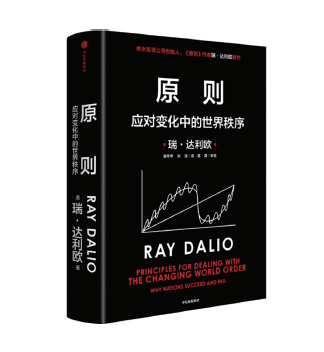 * This article has been translated and published in PKU Financial Review.
* This article has been translated and published in PKU Financial Review.





